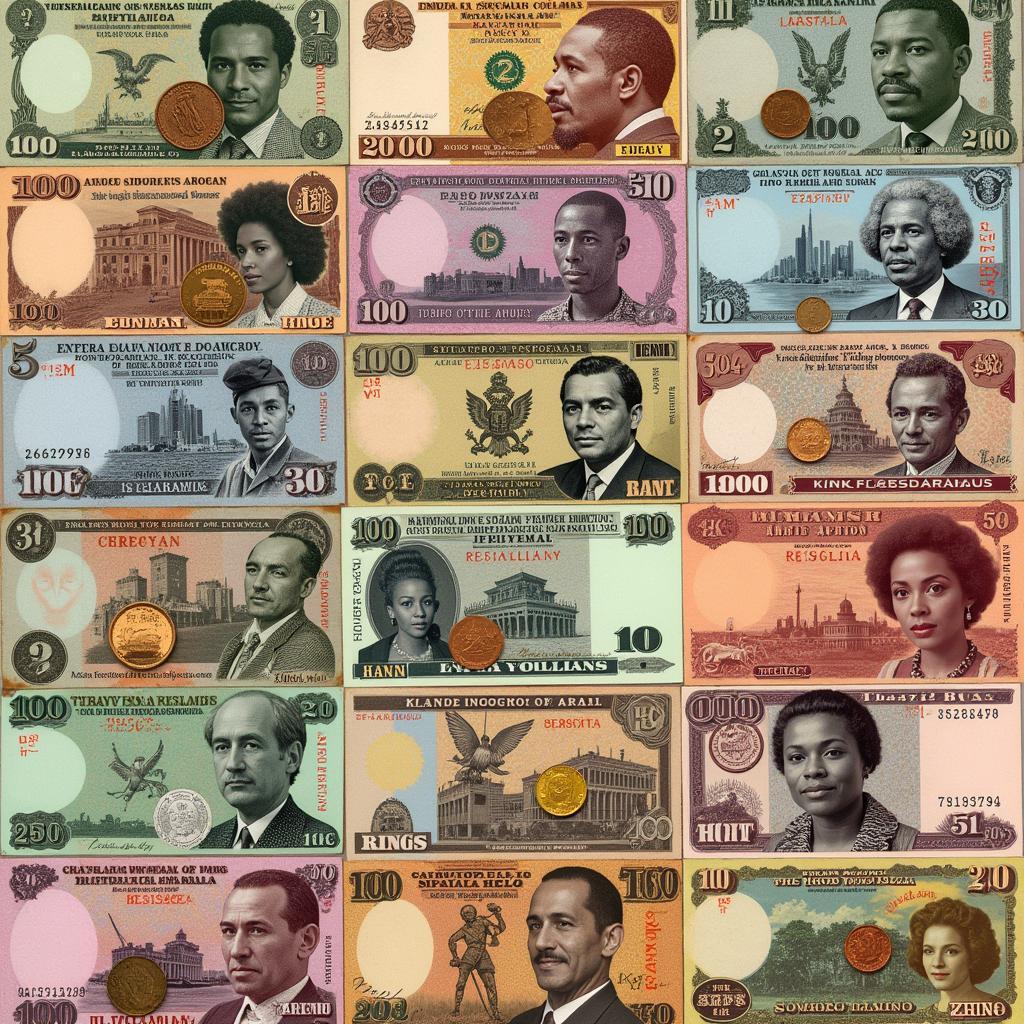The Plight of African Children Drinking Dirty Water: A Look at the Crisis and Solutions
Dirty water is a reality for millions of children in Africa, impacting their health, education, and overall well-being. This article delves into the devastating effects of this crisis, explores the underlying causes, and examines potential solutions to ensure access to clean water for all.
The Devastating Impact of Dirty Water on African Children
Access to clean water is a fundamental human right, yet millions of African children lack this essential resource. Consuming contaminated water exposes them to various waterborne diseases, leading to severe health complications and even death.
The Health Consequences of Dirty Water:
- Diarrhea: A leading cause of death among children under five in Africa.
- Cholera: A highly contagious bacterial infection that can quickly lead to dehydration and death.
- Typhoid: A serious bacterial infection that can cause fever, headaches, and stomach pain.
- Malaria: While not directly linked to dirty water, it thrives in stagnant water, exacerbating the health risks associated with waterborne diseases.
“I have seen firsthand the impact of dirty water on children in my community,” says Dr. Amina Kabiru, a leading pediatrician in Tanzania. “Children are constantly battling diarrhea, dehydration, and other illnesses, hindering their growth and development.”
The Educational Impact:
Dirty water can also affect children’s education in various ways:
- Illness: Frequent illnesses due to contaminated water result in missed school days, impacting academic performance.
- Lack of Sanitation: The absence of proper sanitation facilities in schools exacerbates the problem, creating an unhealthy environment.
- Water Collection: Children, particularly girls, spend hours collecting water, taking them away from school and limiting their educational opportunities.
“My daughter was constantly missing school due to illness,” says Mama Fatou, a mother of three in Senegal. “This impacted her studies and her ability to catch up with her classmates.”
The Underlying Causes of the Crisis
The crisis of dirty water in Africa is complex and multifaceted, driven by factors like poverty, lack of infrastructure, and environmental degradation.
Poverty:
- Limited access to clean water due to high costs of treatment and distribution.
- Insufficient resources for building and maintaining water infrastructure.
Lack of Infrastructure:
- Poorly managed water systems, leading to contamination.
- Limited access to safe sanitation facilities, contributing to the spread of waterborne diseases.
Environmental Degradation:
- Deforestation and land degradation contribute to water pollution.
- Climate change leading to unpredictable rainfall and increased drought, affecting water availability.
Potential Solutions:
Addressing the crisis requires a multi-pronged approach that involves government, NGOs, and local communities.
Investing in Water Infrastructure:
- Building new water treatment facilities and improving existing ones.
- Investing in water distribution networks to ensure equitable access.
- Promoting sanitation and hygiene practices through community education programs.
Supporting Sustainable Water Management:
- Implementing rainwater harvesting techniques to conserve water resources.
- Protecting water sources from pollution through sustainable agricultural practices.
- Empowering local communities to manage their own water resources effectively.
Improving Access to Education and Healthcare:
- Providing education on water safety and hygiene practices.
- Expanding access to healthcare facilities for treating waterborne diseases.
- Implementing programs to support children’s education, particularly girls, affected by water collection responsibilities.
“It’s not just about providing clean water; it’s about empowering communities to manage their own water resources sustainably,” emphasizes Mr. Ngozi Afolabi, a water resource expert in Nigeria. “This requires investment in infrastructure, education, and community participation.”
FAQ:
1. How many children in Africa lack access to clean water?
According to UNICEF, over 400 million children in Africa lack access to safe drinking water.
2. What are the long-term consequences of consuming dirty water?
Long-term consequences include stunted growth, impaired cognitive development, and chronic health issues.
3. Can we solve the clean water crisis in Africa?
Yes, with collaborative efforts, investment, and sustained commitment, the crisis can be addressed.
4. How can I help?
You can support organizations working to provide clean water access, advocate for policy changes, and raise awareness about the issue.
5. What is the role of technology in addressing the clean water crisis?
Technology plays a vital role in water treatment, monitoring, and efficient distribution.
Conclusion:
The crisis of dirty water in Africa is a stark reminder of the need for immediate action. By investing in infrastructure, promoting sustainable water management, and empowering communities, we can ensure access to clean water for all children, paving the way for a healthier and brighter future.
Please note: This article is intended for informational purposes only and does not constitute medical advice. If you are experiencing health issues related to dirty water, please consult a healthcare professional.

